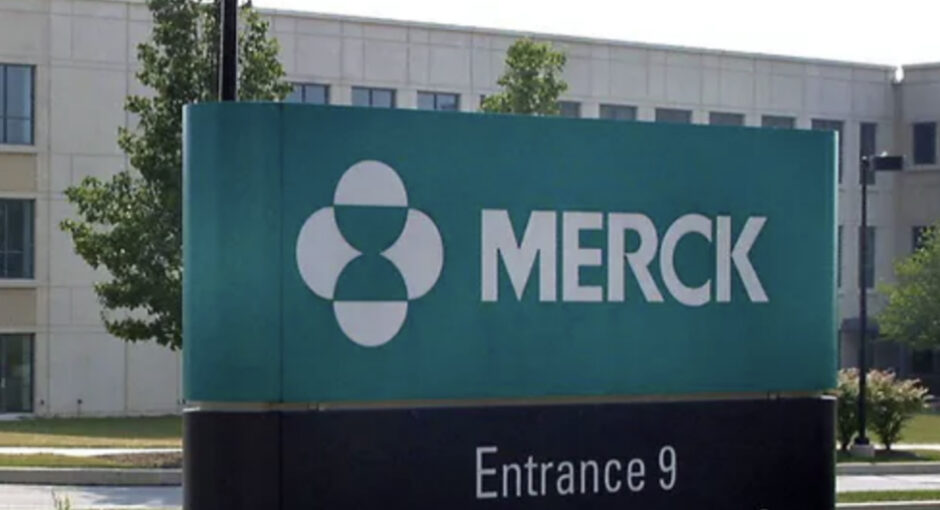Federal Medicare drug price negotiation “is tantamount to extortion” and must be struck down as unconstitutional, drug manufacturer Merck told a federal district court yesterday.
Merck on Tuesday became the first drug maker to sue to stop the federal government from implementing language in the Inflation Reduction Act giving Medicare power to negotiate “maximum fair prices” (MFPs) for certain high expenditure, single source Part B or Part D drugs.
The Centers for Medicare & Medicaid Services currently is picking 10 Part D high expenditure, single source drugs for negotiation. MFPs will be applicable staring Jan. 1, 2026. CMS is scheduled to name the first 10 drugs up for negotiation on Sept. 1. Manufacturers of selected drugs will have an Oct. 1 deadline to sign an agreement with the Secretary of Health and Human Services to conduct negotiations.
CMS next will pick another 15 Part D drugs for negotiation of MFPs applicable in 2027, 15 Part B or Part D drugs for MFPs applicable in 2028, and 20 Part B or Part D drugs for MFPs applicable in subsequent years.
Companies that refuse to negotiate will be subject to an excise tax on up to 95% of U.S. products sales of those drugs. Companies that fail to ensure access to MFPs will be subject to civil monetary penalties.
CMS said in guidance in March that a manufacturer that participates in the 340B program must give a 340B covered entity access to a drug’s MFP if it is below the drug’s 340B ceiling price. “If it is later determined that the 340B ceiling price is lower than the MFP for the selected drug, the manufacturer would be required to provide the covered entity with the difference between the MFP and the 340B ceiling price,” CMS said. It said it would work with the Health Resources and Services Administration “to help to ensure that the MFP is made available to 340B covered entities where appropriate.”
So far, the agencies haven’t said how they will operationalize this part of the law.
A different part of the Inflation Reduction Act makes manufacturers pay Medicare Parts B and D rebates on select drugs when prices rise faster than inflation. 340B-acquired drugs are excluded from the rebates. Merck’s June 6 lawsuit doesn’t address this part of the law.
Merck asked the U.S. District Court for the District of Columbia in its legal complaint to hold that the IRA’s Medicare drug price negotiation provisions are unconstitutional on two grounds: first, that they represent an illegal taking of private property for public use in violation of the Fifth Amendment, and second, that they force companies to engage in deceptive political speech in violation of the First Amendment.
On a separate front, Merck is suing HRSA over its finding in May 2022 that the company’s conditions on 340B pricing when drugs are shipped to contract pharmacies violates the 340B statute. Its case is on hold pending a forthcoming federal appeals court ruling in related lawsuits against HRSA by Novartis and United Therapeutics.
Merck is toughening its 340B contract pharmacy policy effective June 12.


